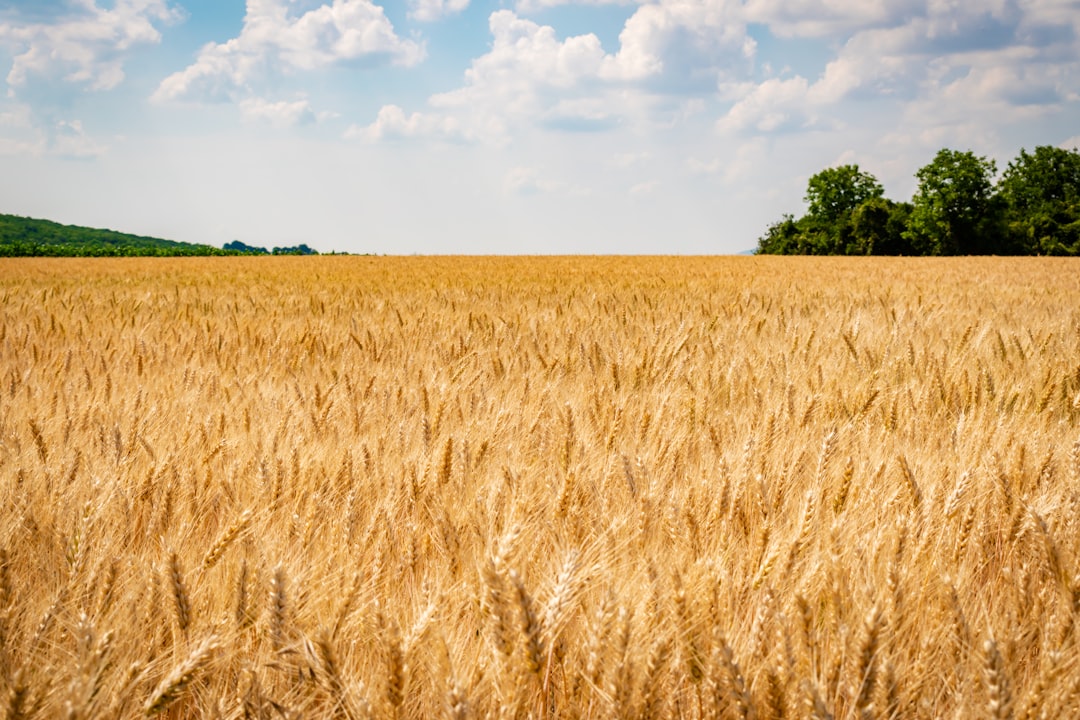
The Environmental Impact of Organic Farming: A Greener Future Awaits
Organic Farming and its Environmental Impact
Organic farming has become a pivotal topic in discussions around sustainable agriculture. As consumers increasingly gravitate towards eco-friendly products, the demand for organic farming practices has surged. This has raised a critical question: what is the environmental impact of organic farming?
Understanding Organic Farming
Organic farming harnesses nature, natural processes, and biodiversity to cultivate crops. By using techniques that avoid synthetic chemicals and genetically modified organisms (GMOs), it aims to reduce agriculture's ecological footprint and promote sustainability.
Core Principles of Organic Farming
- Encouraging Biodiversity: Organic farms cultivate a diverse range of plants and animals, which helps maintain healthy ecosystems.
- Soil Health: Crop rotation is a critical element of organic farming, and cover cropping bolsters soil structure and fertility, reducing erosion and nutrient leaching.
- No Synthetic Inputs: Organic agriculture strictly limits the use of artificial fertilizers and pesticides, opting instead for natural alternatives.
How Organic Farming Benefits the Environment
There are numerous environmental benefits associated with organic farming that contribute to a more sustainable future. Here are some key impacts:
Reduced Chemical Runoff
One of the most significant advantages of organic farming is the removal of pesticides and fertilizers. This practice helps diminish chemical runoff into waterways, which can lead to algal blooms and degrade water quality. As a result, organic farming promotes healthier aquatic ecosystems.
Improved Soil Structure
Organic farming employs techniques that enhance soil structure, such as using organic matter as fertilizer. These practices increase soil fertility and water retention, preserving essential groundwater resources and reducing reliance on modern irrigation techniques.
Enhanced Biodiversity
Organic farms foster biodiversity by prioritizing various crops and implementing integrated pest management strategies. This benefits local wildlife and leads to more resilient agricultural ecosystems that can better withstand climate change.
Carbon Sequestration
Healthy soils are crucial for carbon sequestration. Organic farming methods improve soil health, capturing and storing greenhouse gases from the atmosphere and mitigating the effects of climate change. Research indicates that organic practices can sequester more carbon than conventional farming, helping combat global warming.
The Impact on Local Communities
The advantages of organic farming extend beyond environmental benefits; they also positively influence local communities and economies.
Economic Viability
Organic farms often fetch higher prices for their products, increasing farmers' incomes. This can create a ripple effect, stimulating local economies and promoting sustainable development.
Boosting Local Food Systems
Organic farming encourages local food production, reducing dependability on long-distance transport. This cuts carbon emissions from transportation, enhances food security within communities, and supports local farmers.
Healthier Communities
By avoiding synthetic chemicals, organic farming promotes healthier ecosystems, which can lead to improved public health. Communities surrounded by organic agricultural practices benefit from living in a cleaner environment.
The Role of Consumers in Promoting Organic Farming
Consumers play a pivotal role in strengthening the organic farming movement. By choosing to buy organic acai powder and other organic products, shoppers send a clear message that they value sustainable practices. But there's more we can do:
Support Local Organic Farmers
Whenever possible, buy directly from local organic farms or farmers' markets. This supports local economies and ensures you're consuming fresh produce that has less environmental impact due to reduced transportation.
Educate Yourself and Others
Knowledge is power. Learning about the benefits and practices associated with organic farming can empower consumers to make informed choices and spark conversations in their communities.
Advocate for Policy Changes
Support policies and regulations that promote sustainable farming. Engage with local representatives to advocate for initiatives that protect organic agriculture and provide necessary resources for farmers embracing these practices.
Challenges Facing Organic Farming
While organic farming presents numerous advantages, it has its challenges. Understanding these hurdles is essential for anyone interested in the future of sustainable agriculture.
Certification Costs
Organic certification can be expensive and time-consuming. Smaller farms may struggle with the financial burden and the requirement for rigorous compliance with organic standards.
Pest and Disease Management
Organic farming relies heavily on natural pest management techniques, which can sometimes be less effective than conventional methods. Farmers must remain vigilant and responsive to pest outbreaks, often resulting in increased demand for labor and resources.
Market Access
Not all markets are receptive to organic products, particularly in regions with low consumer awareness. This can limit the profitability and growth potential for organic farmers.
The Future of Organic Farming
The shift towards organic farming practices is more than just a trend; it's a movement towards sustainable agriculture that can shape the future of food production. With increasing consumer awareness and a growing urge to protect our planet, the future is looking bright for organic farming.
Innovative Practices
Innovative practices that enhance efficiency and productivity in organic farming are needed as the appeal and benefits of consuming organic foods are driving demand. New technologies like aquaponics pave the way for sustainable practices that reduce land use and optimize resource management.
Enhanced Consumer Awareness
Continued education campaigns around the benefits of organic farming and the importance of supporting sustainable practices will encourage more consumers to make eco-friendly choices. Shifting consumer demand can ultimately drive more farmers to adopt organic methods.
Policy Support
Government policies that promote organic farming through subsidies, education, and research can support the sector's growth. A fertile policy environment encourages more farmers to transition to organic practices, leading to a wider environmental impact.
A Brighter Tomorrow
Organic farming practices have the power to reshape our world in profound ways. As consumers, we hold the key to fostering a more sustainable future by supporting organic practices and seeking out organic products in our daily lives. When we choose to buy organic acai powder and explore other organic options, we not only nourish our bodies but also the planet. Join the movement today and take part in building a greener tomorrow.
